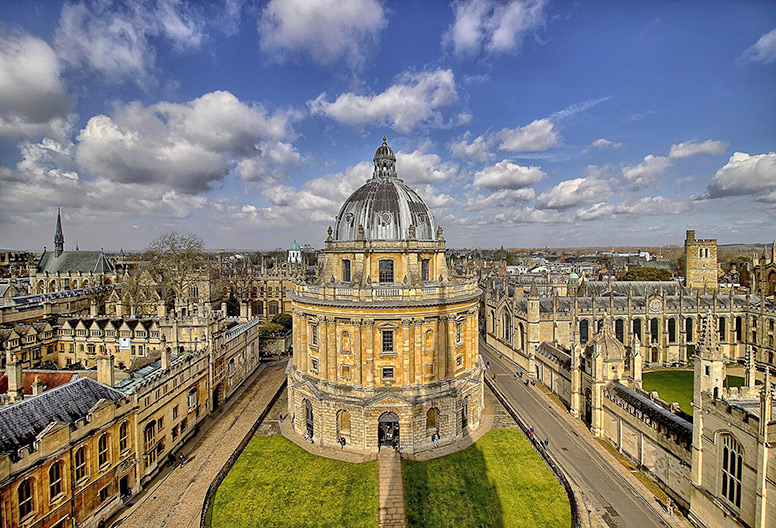The Educational System In The United Kingdom
With children from all over the world attending school in England, the English educational system has a great reputation. The Department for Education and Business, Innovation and Skills oversee this system. On a regional level, local authorities (LAs) enforce the education system and state school policies.

Also, a wide range of educational tools is used for students to learn more. One such tool is a limit calculator with steps proposed by a well-known site calculator-online.net. Yes, this site has played well in the development of the learning experiences among pupils.
Moving ahead, let's discuss step-by-step procedures being employed in the British educational system.
UK Primary Education
In the United Kingdom, primary school education begins at the age of five and lasts until age eleven, including key stages one and two of the educational system.
Some elementary schools have separate levels for infants and juniors. Separate schools are generally located on the same property. The age range for infants (Key Stage 1) is 5 to 7. Juniors (Key Stage 2) range in age from 7 to 11. One of the best things about the system in the UK is that it focuses on the learning power of the students that could only be enhanced by using tools and apps like the limit calculator with steps.
Secondary School
Years 7 to 8
Years 7 and 8 in the United Kingdom are the first two years of secondary school education. They are included in the Junior School in some independent schools and the Senior School in others. Every student in the United Kingdom studies English, Maths, Science, Humanities, and a Modern Language.
Aside from these subjects, each school offers a list of optional subjects, from which students can select a few that interest them. However, they are strictly asked to make use of online tools as well to increase their capabilities of intelligent learning. One such aid is no doubt provided by the best limit calculator with steps.
Year 7 pupils in certain schools take the Common Entrance Exam. In November, January, and May/June, there are three examination periods.
Years 9 to 11
Year 9 is crucial in the British educational system since it marks the transition to senior education for the majority of students. It also serves as an excellent basis for the GCSE curriculum and as a gateway to all schools. A limit calculator with steps is no doubt playing a vital role in the development of the educational base of the students.
English, Maths, Science, Humanities, and Languages are among the subjects studied by students. Additionally, students select a few topics from each school's optional subject list. GCSE exams are usually done at the end of Year 11 however, some schools have given students to opportunity to sit their exams throughout years 10 to 11.
Preparation for University
Years 12 to 13
A-level research
Once a pupil reaches the age of 16, they can begin a two-year curriculum that leads to A (Advanced) level examinations in the UK education system. Students specialise in three or four courses that are generally related to the university degree subject they desire to pursue. A-levels are state exams that are accepted by all UK colleges and institutes across the world.
Students get A-level Certificates after Year 13 after passing tests in each subject. Also, the students using the help of tools such as the limit calculator with steps are likely to gain more advantages than others.
Baccalaureate International (IB)
Those who want to study more than 3-4 courses can do so through the International Baccalaureate Diploma Program, which is provided by select independent institutions.
Students study six courses at the IB, three at a higher level (HL), and three at a standard level (SL). Each school provides a variety of disciplines at various levels of study (HL/SL). Theory of Knowledge (TOK), Extended Essay (EE), and Creativity, Activity, and Service (CAS) are all required components of the IB curriculum (CAS).
Further Education

Courses
As an alternative to private education, international students can attend a public sixth-form college or a college of further education. Both provide GCSE and A-level programmes to pupils as young as 16 years old. Foundation and diploma courses are also available in colleges of further education.
All colleges may help students prepare for university admission in the United Kingdom or anywhere else on the globe. Also, they should avail pupils of the chance to use the limit calculator and other such online applications to assist them in getting better knowledge.
Bright World collaborates with many state institutions in the United Kingdom that provide a wide range of vocational and academic programs. These courses might help students pursue their desired jobs or achieve admission to their preferred university.
University Foundation
International students can choose to attend one-year foundation studies instead of A levels or IB from the age of 17. These courses lead to private exams that can be used instead of A levels. College foundation courses are recognized by institutions with which they have agreements. Some colleges and universities also provide foundation courses that prepare students for their degree programs.
Bright World works with a variety of institutions and Pathway providers to assist students enrolling in Foundation and Diploma programmes in London and around the United Kingdom.
University Undergraduate Degree
A British bachelor's degree generally takes three years to complete, and the majority of them are conferred with honours. BA (Bachelor of Arts), BEng (Bachelor of Engineering), and BSc (Bachelor of Science) are examples of first degrees (Bachelor of Science).
Some state schools offer two-year occupational degrees that allow students to skip the first and occasionally the second year of their degree program. A one-year diploma program equal to year one of a university is offered by several private tutorial colleges. Some institutions provide second-year admission to students who complete one-year degrees.













